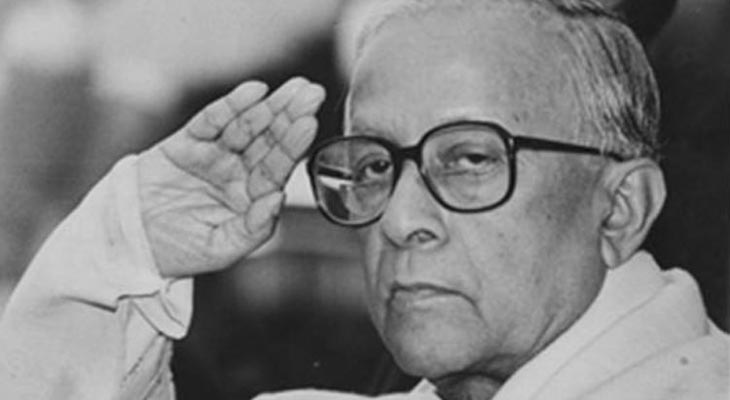Tuesday, Feb 03rd 2026
By Satya Narayana Sahu | PUBLISHED: 09, Jul 2019, 22:01 pm IST | UPDATED: 16, Oct 2019, 5:38 am IST
 Yesterday i.e. on 8th July 2019, the 106th birth anniversary of comrade late Shri Jyoti Basu was celebrated in India. He was an iconic figure of our public life. His assumption of the office of the Chief Minister of West Bengal in 1977 and his continuation in that office for 23 years is as much a tribute to the communist movement of our country as to the resilience of our parliamentary democracy. I would say that his uninterrupted continuation in the office of the Chief Minister of the State is equal in importance with the election of Barack Obama, the first African American, as the President of the USA. As Barack Obama raised hopes of those who had suffered discrimination Shri Jyoti Basu raised hopes among the marginalized and subjected to deprivation in a system which ironically offered hopes to improve their lot. It is for the first time in world history that the communist movement produced the longest serving elected head of a Government with the robust mandate of people. It is extraordinary in every sense of the term.
Yesterday i.e. on 8th July 2019, the 106th birth anniversary of comrade late Shri Jyoti Basu was celebrated in India. He was an iconic figure of our public life. His assumption of the office of the Chief Minister of West Bengal in 1977 and his continuation in that office for 23 years is as much a tribute to the communist movement of our country as to the resilience of our parliamentary democracy. I would say that his uninterrupted continuation in the office of the Chief Minister of the State is equal in importance with the election of Barack Obama, the first African American, as the President of the USA. As Barack Obama raised hopes of those who had suffered discrimination Shri Jyoti Basu raised hopes among the marginalized and subjected to deprivation in a system which ironically offered hopes to improve their lot. It is for the first time in world history that the communist movement produced the longest serving elected head of a Government with the robust mandate of people. It is extraordinary in every sense of the term.
by : Priti Prakash
The year 2025 dawned with New Delhi gazing lovingly into the mirror of its own expectations. After a...